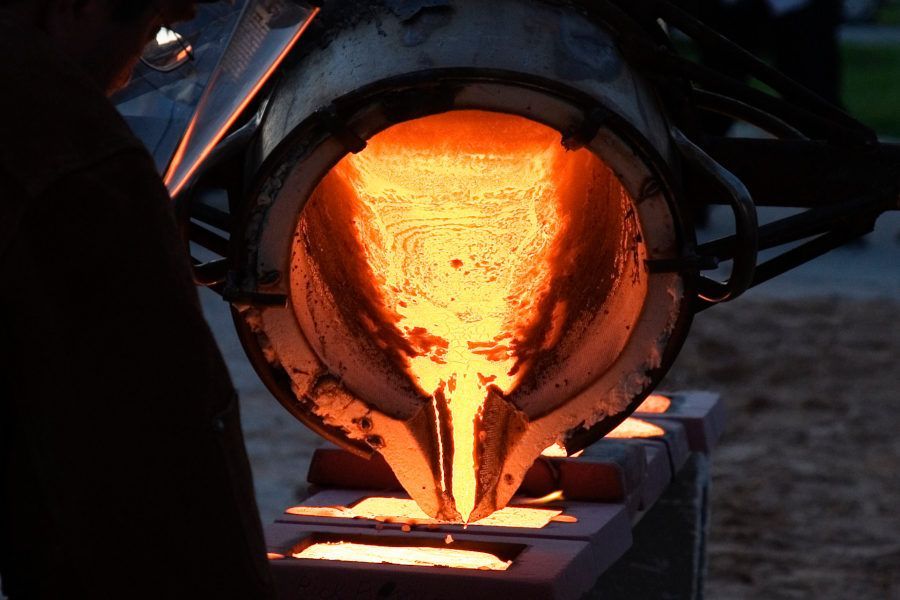Welcome to VIP METALS
Metal Casting Unveiled: Exploring the Process
Creating Engineering Solutions That Propel Your Business Forward.
Welcome to our comprehensive guide on metal casting! At VIP Metals, we delve into the intricate world of metal casting, shedding light on the process, its types, and applications.
What is the Metal Casting Process?
Metal casting is a manufacturing process where molten metal is poured into a mold cavity to obtain the desired shape upon solidification. It involves several stages, including pattern-making, mold preparation, melting, pouring, cooling, and finishing.
Our Services
Our pattern making expertise ensures precision and responsiveness, crucial for reducing post-casting operations and cutting costs.
With state-of-the-art foundries, we specialise in manufacturing ferrous and non-ferrous castings, delivering quality from design to the finished product.
Our precision engineering and machining capabilities are tailored to meet the most complex project requirements.
Utilise our advanced laser cutting technology for precise and efficient cutting across various materials.
VIP Metals offers plate
profiling services that ensure materials are cut to exact specifications.
From design to assembly, we offer a comprehensive range of fabrication services to suit your needs.
Can You Cast Metal at Home?
While metal casting is typically an industrial process, hobbyists and DIY enthusiasts can indeed cast metal at home with proper equipment and safety precautions. However, it requires specialised tools, knowledge, and adherence to safety guidelines.

Exploring the 4 Main Types of Casting
1. Sand Casting: A versatile and widely-used method where a pattern is pressed into sand to create a mold cavity.
2. Investment Casting: Also known as lost-wax casting, it involves creating a wax pattern, coating it with ceramic, and then melting the wax to leave a hollow mold.
3. Die Casting: Utilises reusable metal molds, or dies, to produce intricate shapes with high accuracy and surface finish.
4. Permanent Mold Casting: Involves pouring molten metal into a reusable mold made of metal, typically cast iron or steel.
Metal Castings: Their Diverse Applications
Metal castings serve a myriad of industries and applications, including automotive, aerospace, construction, and manufacturing. They are used to create a wide range of components, from engine blocks and gears to decorative art pieces and sculptures.
Let's Talk
Contact Us
Ready to Transform Your Engineering Projects?
Ready to explore the world of metal casting? Contact VIP Metals today for expert guidance and top-notch casting solutions tailored to your needs.

